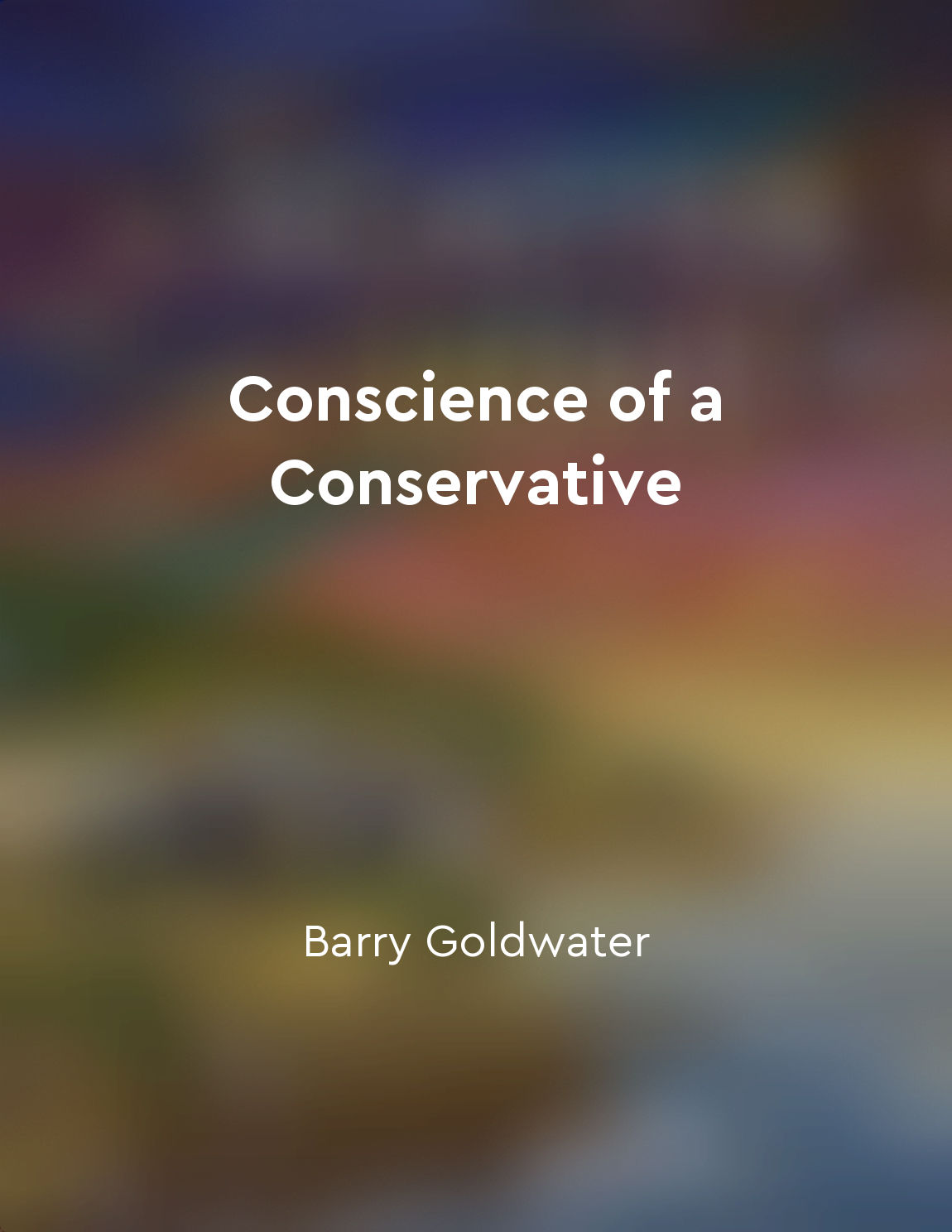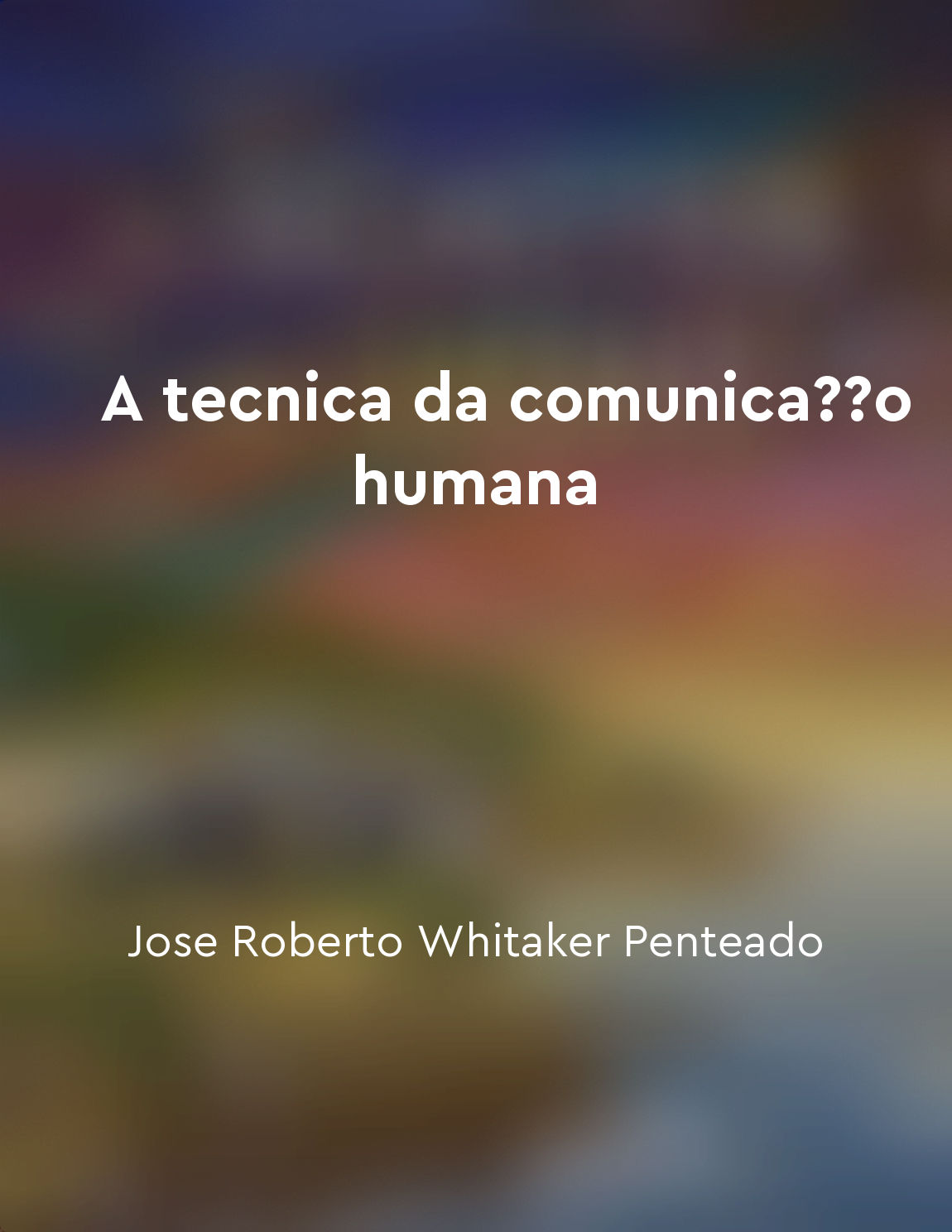The open society is a neverending experiment in freedom and democracy from "summary" of The Open Society and Its Enemies by Karl Raimund Popper
The open society is a dynamic system that constantly seeks to improve itself through the process of trial and error. It is a never-ending experiment in freedom and democracy, where new ideas are constantly put to the test in the marketplace of ideas. This process of critical scrutiny and open debate allows for the continual evolution of society, as outdated beliefs and practices are discarded in favor of more effective ones. In the open society, there is no ultimate authority or final truth that dictates how individuals should live their lives. Instead, there is a recognition of the fallibility of human knowledge and the need for constant questioning and reevaluation of our beliefs. This ethos of skepticism and intellectual humility is what distinguishes the open society from closed societies, which are characterized by dogmatism and authoritarianism. Freedom of speech and assembly are essential components of the open society, as they provide the necessary conditions for individuals to freely express their views and engage in rational discourse. By allowing for the open exchange of ideas, the open society fosters creativity, innovation, and progress, as individuals are free to challenge conventional wisdom and explore new possibilities. Democracy is the political expression of the open society, as it allows for the peaceful resolution of conflicts and the expression of popular will through free and fair elections. However, democracy is not an end in itself, but a means to promote individual freedom and social progress. The open society recognizes the importance of protecting minority rights and promoting the rule of law to prevent the tyranny of the majority.- The open society is a living experiment in freedom and democracy, where individuals are encouraged to think for themselves and participate actively in the shaping of their own destiny. By embracing critical thinking, tolerance, and openness to new ideas, we can create a more just, humane, and prosperous society for all.
Similar Posts
Our sense of community is becoming limited to people who think like us
In America, our neighborhoods are becoming increasingly homogenous. We are choosing to live near people who share our political...
Virtue signaling is a tool of manipulation and control
In our current cultural climate, virtue signaling has become a prevalent tool for individuals and groups to assert their moral ...
We must overcome our biases
To truly achieve freedom, we must confront and rise above our inherent biases. These biases are deeply ingrained within our con...
Loyalty to a king is misguided
It is often said that loyalty to a king is a noble and honorable thing. But is it really? Many people seem to believe that thei...

Fiscal responsibility is key to stability
Fiscal responsibility lies at the core of maintaining stability in our society. It is a fundamental principle that guides our a...

Communication skills can be developed through practice
Communication skills are not innate talents bestowed upon a select few but are rather abilities that can be cultivated and hone...
Public opinion is influenced by personal experiences
In the realm of public opinion, personal experiences play a significant role in shaping individuals' perceptions and judgments....
Democracy relies on accountability and transparency
Accountability and transparency are essential pillars upon which democracy stands. Without these principles, democracy cannot f...
Commercial interests threaten autonomy
The ability to act independently, free from external control, is a fundamental aspect of human autonomy. However, in today's di...

